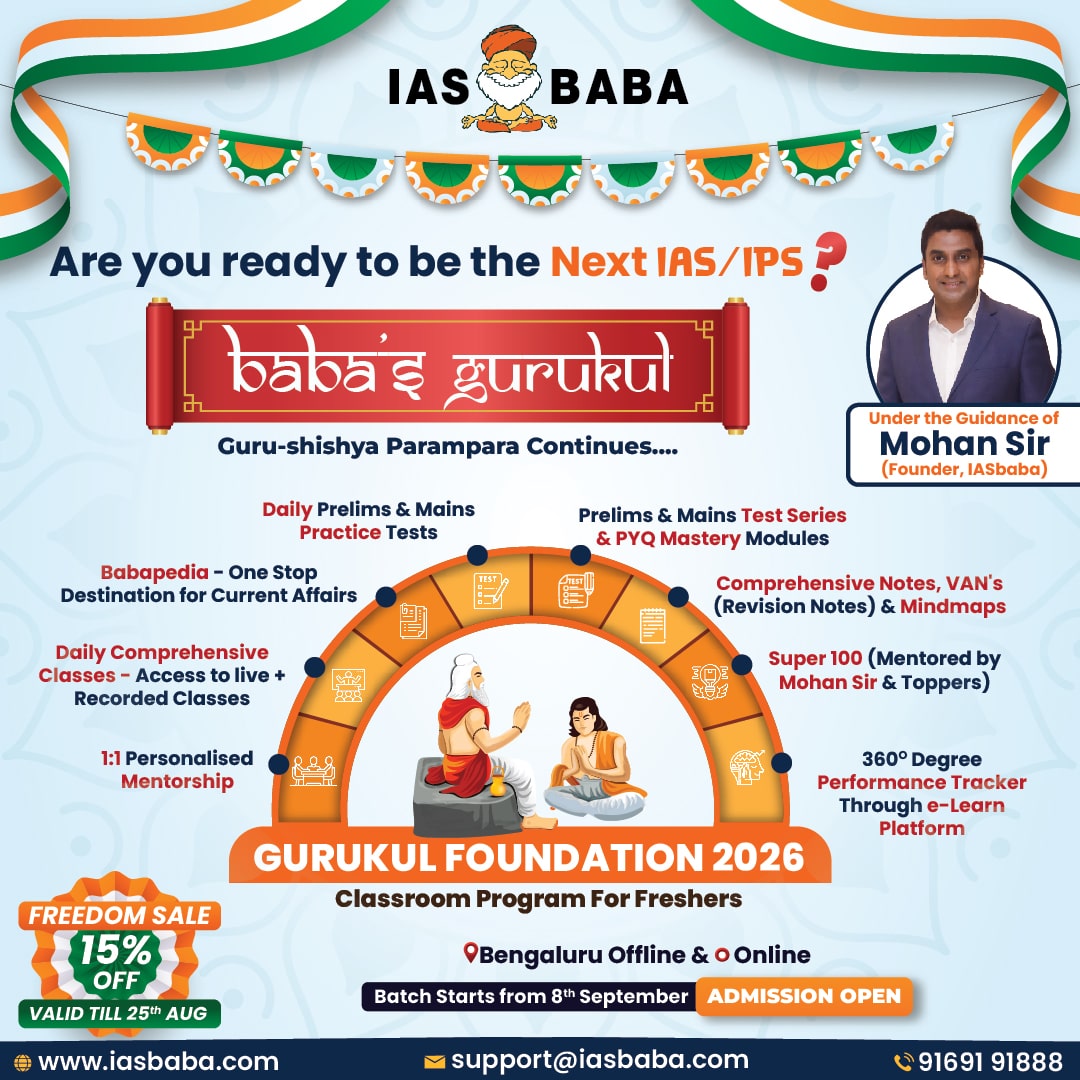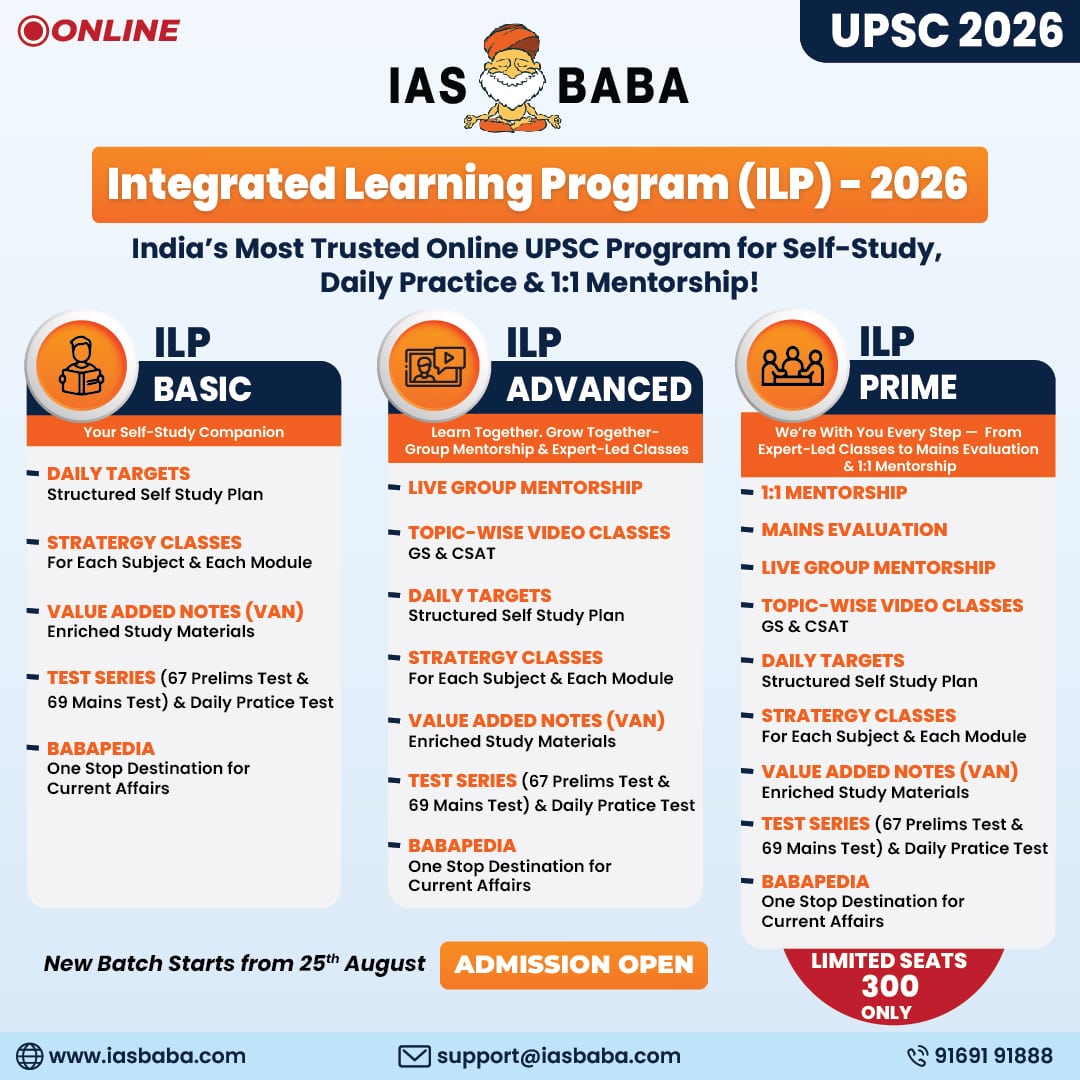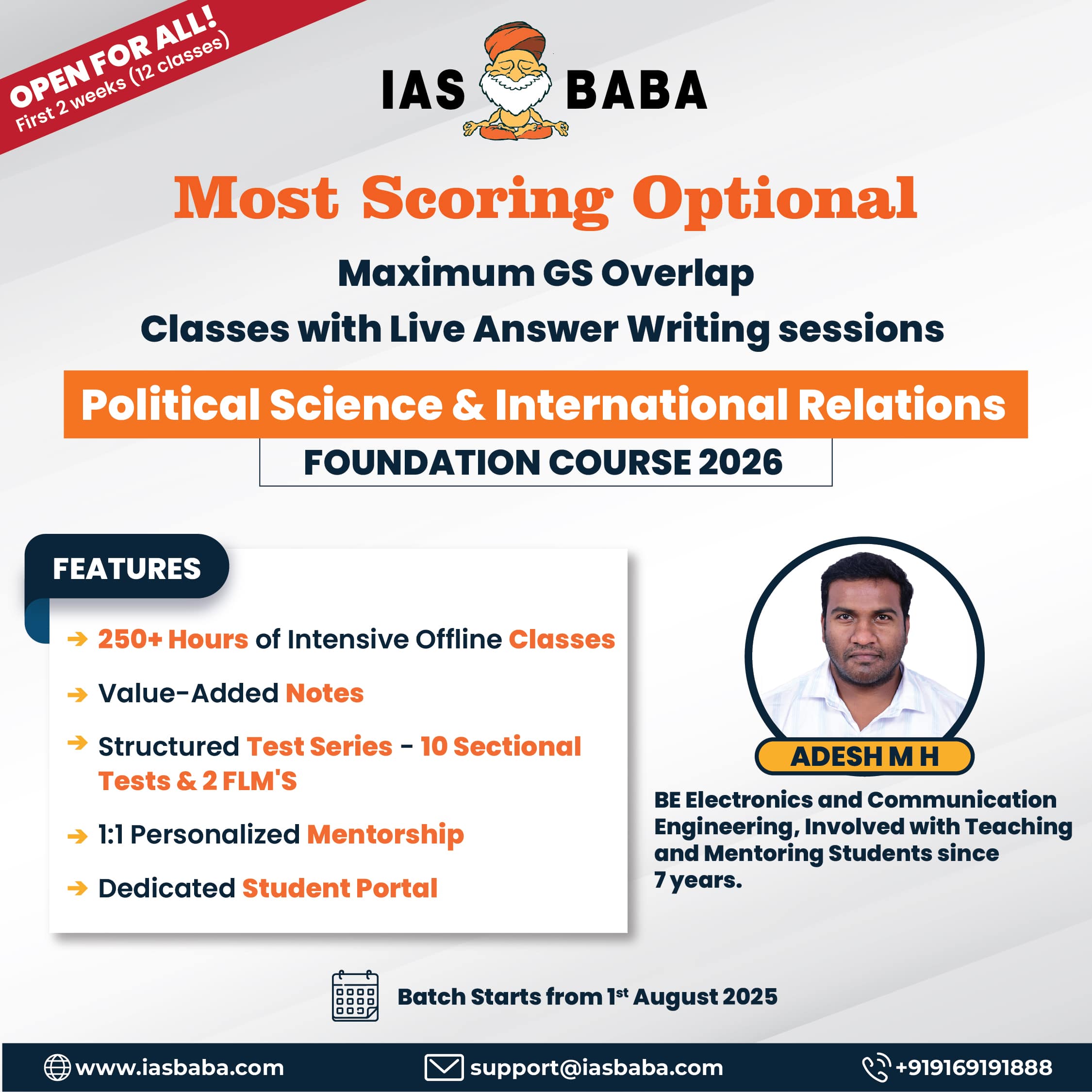The Big Picture- RSTV
Are Privacy Concerns over Aadhar Valid?
TOPIC: General Studies 2
- Government policies and interventions for development in various sectors and issues arising out of their design and implementation.
- Welfare schemes for vulnerable sections of the population by the Centre and States and the performance of these schemes; mechanisms, laws, institutions and bodies constituted for the protection and betterment of these vulnerable sections
Background
The question on the validity of Aadhar scheme on the question of whether privacy was fundamental right was referred to the Constitution bench in 2015.
It was claimed by some petitioners that Right to Privacy was breached by Aadhar Act. A 5-judge bench including the CJI said that it is essential to decide whether there is right to privacy under Indian constitution and thus formed a 9 judge constitution bench to decide on whether ‘right to privacy’ is a fundamental right. However, SC observed while hearing the petitions that right to privacy was not absolute.
This case is being revisited after 55 years when 8-judge bench in 1954 and 6-judge bench in 1962 had ruled that privacy is not a basic right for citizens.
Government Stand– The centre said that right to privacy is not in constitution and is not part of right to life under art 21.
Petitioners’ argument– right to privacy is inherent in constitution.
Concerns with Aadhar Act
- What data need to be secure (the Aadhar number, demographic information or biometrics), whether data stored is secure (such as the encryption standards or the probability of hacking) and consequences of data breaches.
- Privacy concern from the ‘personal integrity’ point of view- private information is available for people or institutions with whom there is no intention to share.
- Biometrics information is collected which can be misused. Easy harvesting of biometrics traits and publicly-available Aadhar numbers increase the risk of banking fraud.
What is privacy?
Privacy is being interpreted in different, equally valid, ways by different sets of people. For instance, for a computer scientists, privacy means from a narrow ‘data security’ perspective, whereas the lawyers in the Courts have been highlighting the civil liberties angle to it
Is right to privacy valid?
When government is arguing with reference to previous judgements, two things:
- these judgements are 6 decades old
- these judgements were on the issue of surveillance.
Privacy issue was arisen when the constitution was being drafted. Dr. Ambedkar suggested that privacy should be included as fundamental rights but the proposition was dropped. This position was held by 8 bench judges of SC. This was brought into picture as at that time, US had brought in 4th amendment for privacy as a FR.
Also, data protection was discussed in constituent assembly in basic needs of those times, and it was observed that although it shouldn’t be a fundamental right, but there should be statute protecting data. It would be duty of parliament to provide and enact the statute for data protection and stringent penalty for any misadventure in that area.
In these 6 decades, there have been lot of technological development and in the new era, right to privacy has to be determined.
This whole debate is required to decide if right to privacy which is there, is a fundamental right or not. Once it is fundamental right, it is liable to get remedy under Art 32 and Art 226.
Right to life is there as per IT act, IPC and other provisions. The question is how to protect that life, what are the provisions for protection, what are provisions if data breach is there, what are provisions for compensation? Some of the basic issues regarding Aadhar is that the government as the custodian of Aadhar data must be responsible and accountable.
What is the area of focus?
The key focus is whether right to privacy is a fundamental right or not. Law being a dynamic field, evolving with time, circumstances change, times change and there is a concern among people at large that is Aadhar a tool for mass surveillance. A key is entered and government has all the data.
Targeted surveillance is good for national security and public order. But having mass surveillance by government in name of security or any other objective is not desirable.
Some questions bothering citizens are why should government know how much money is there in the bank accounts. Also, Passport and PAN card already there for identification purpose, so need for Aadhar as a wholesome identification tool might be difficult to comprehend in some situations.
Importance of privacy
Aadhar is not a totally regressive step. People have directly received benefits in bank accounts and come forward as a tool to deliver services without services of middlemen. Government has been able to save Rs. 48000 crore on that account.
There are fictitious bank accounts in name of one person, one person is issued several PAN cards, rich people are transferring money through shell companies and doing tax evasions. All this can be arrested only by linking Aadhar to PAN card TIN number. But with this advantage, the identity of other citizens cannot be put at risk through unsecured data.
The data confidentiality and data protection laws have to be very strong. Privacy is not only about individual privacy. Issue of data protection is extremely important not from individual standpoint but also lot of breaches happening in financial sector through foreign elements.
Government has power but there must be protection to the citizen. Government has not been effective in enacting two laws-
- Privacy as recommended by law commission under Justice Shah
- Data protection
And SC has also failed to address this issue in past 3 years. So, issue of privacy needs a look after more than 50 years when last visited by.
Conclusion
Aadhar is not one single solution to all problems. It could be one of the tools to address larger issues. Also by having Aadhar card, it doesn’t bestow one with citizenship. So, the use of one institution should be limited to the boundaries where there is possibility of best work possible. Initiatives should have ample safeguards and ample precautions and address the concerns of the citizens.
Art 21 has lent itself to crafting of the times today. Right to reputation has been considered as a basic part of right to life. Then Right to Privacy, which comes to first degree of closeness with oneself, it has to be protected.
Connecting the dots:
- What is the connection between Aadhar and right to privacy? Does Aadhar becoming a money bill impacts upon person’s private life? Examine the issue with suitable references.
- Should right to privacy become a fundamental right? Critically analyse.
- What are the privacy rights of its citizens? Are they protected equally, with the same justice for the rich and the poor alike? Discuss.














